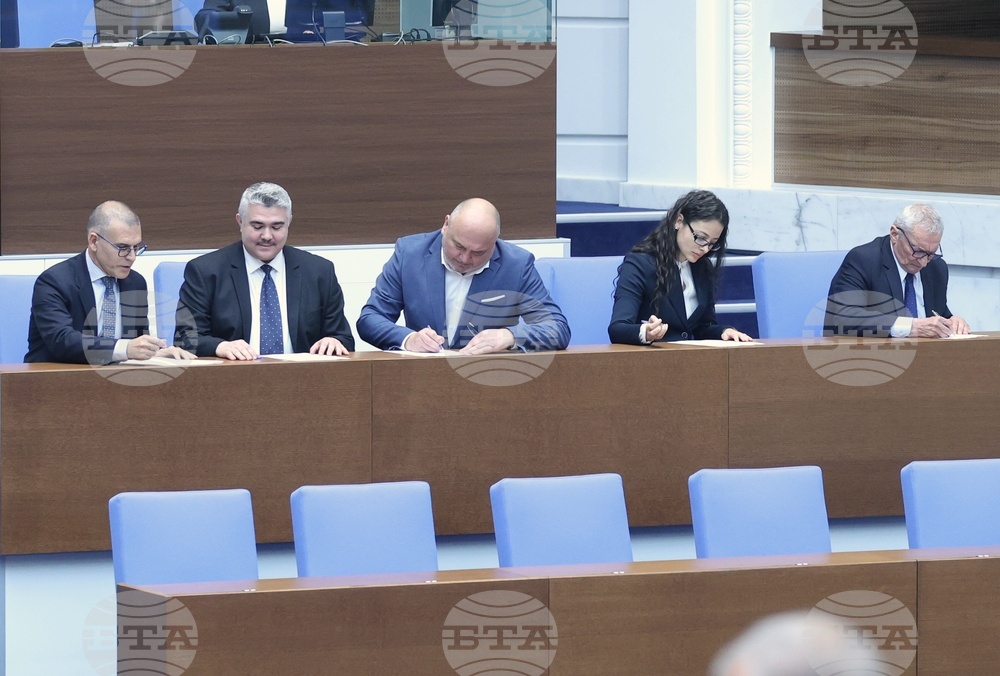site.btaFiscal Council Warns Continuing Current Fiscal Policy Likely to Increase Tax Burden


Pursuing the current strategy of significant growth in current expenditures and maintaining the maximum allowed budget deficit of 3% of GDP would call for a substantial increase in budget revenues. Continuing this fiscal policy is likely to lead to a significant increase in the tax burden on businesses and/or citizens, the Fiscal Council concluded in its opinion on the Report on the Implementation of the 2024 State Budget, the Annual Report on the State of the Government Debt and the Government-Guaranteed Debt as of December 31, 2024, and the Report on the Activities of the State Fund for Guaranteeing the Stability of the State Pension System for 2024.
According to the Fiscal Council, the fiscal policy pursued in 2024 has resulted in an increase in government debt, both in absolute terms and as a share of GDP. This trend is expected to deepen in 2025. The debt-to-GDP ratio still remains below the 60% threshold. However, the relaxation of fiscal policy poses a high risk of accelerated debt growth in the coming years, leading the Fiscal Council to maintain continuous monitoring.
Unrealistic GDP growth expectations for 2024, set out in the Finance Ministry's 2023 autumn forecast, are unsupported by the reported macroeconomic data. Significant deviations are observed between the recorded values of key macroeconomic indicators and those planned when the 2024 budget was adopted.
Real growth for the year was higher than the average for the euro area and the EU, creating favourable conditions for a moderately restrictive fiscal policy, which, however, were not utilized.
In 2024, price growth slowed down. The Fiscal Council stressed, however, that inflation in Bulgaria remained above the average levels for the EU and the euro area, partly due to the easing of fiscal policy - higher spending, deficit generation and increased borrowing - a trend which is expected to continue into 2025.
Regarding the 2024 budget expenditures, the share of current expenditures continued to rise. These were quasi-fixed in nature (wages, pensions) at the expense of investment spending, which created conditions for a sustained increase in public spending. The Fiscal Council recommends a comprehensive review of expenditure policies, including reconsidering commitments for public sector wage expenditures. This is particularly relevant for salary and pension indexation, which is strongly pro-cyclical and inflationary.
The 12% overspending on personnel costs resulted in an additional BGN 2.2 billion in spending beyond the budget appropriation approved by the National Assembly. While there may be an extraordinary need for additional expenditures, in such cases a budget update should be proposed, or a restructuring must be approved by Parliament, the Council said.
After a record increase in revenues in 2021 and 2022, growth slowed down in 2023 and 2024. The revenue underperformance under the Consolidated Fiscal Programme (CFP) in 2024 was largely due to lower-than-expected implementation of some operational programmes, as well as the non-receipt of the second and third instalments under the Recovery and Resilience Plan, which have not been received yet to date.
Revenues as a share of GDP reached a six-year low at 35.5%.
In its previous opinions, the Fiscal Council has consistently recommended a more in-depth analysis of the causes of underperformance in capital expenditures and the implementation of measures to improve their planning and execution.
The data in the submitted documents indicate deviations from the requirements of the numerical fiscal rules, both with respect to the structural balance and the growth of government expenditures. Two other fiscal rules (regarding the balances of the General Government sector and the Consolidated Fiscal Programme) have been met, but only marginally.
These deviations are the result of an expansionary pro-cyclical fiscal policy, which has set as a medium-term objective the maintenance of the maximum allowed budget deficit of 3%, without taking into account the potential risks from adverse unforeseen events.
This poses significant risks to long-term fiscal sustainability. There are considerable challenges to fiscal consolidation due to the substantial increase in current expenditures of a quasi-fixed nature, the Fiscal Council said.
/TM/
news.modal.header
news.modal.text